What is A A.? Alcoholics Anonymous
- Sober living
- abril 30, 2024
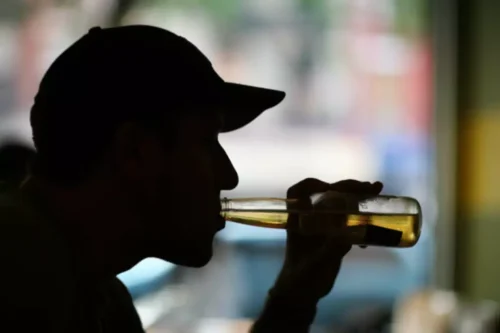
When you’re ready to get help for an alcohol use disorder (AUD), your primary care physician can help you find a treatment center. Your physician knows about your medical history and understands the best options for your recovery. A health provider can not only diagnose alcoholism, but can refer you to top-rated rehab facilities and walk you through the recovery process. If someone is struggling with alcohol abuse, make sure to seek professional help. Alcoholism is a destructive addiction on both physical and emotional levels. Get in contact with support for alcoholics one of many alcohol hotlines, and talk as soon as possible to a friendly and non-judgmental professional.
What’s the difference between an online vs. in-person sobriety support group?
- With the right resources, you can achieve freedom from addiction and find a sense of community while doing so.
- Someone with alcoholism has both a physical and psychological dependence on alcohol.
- Make sure your person is not upset or preoccupied with other issues.
- After a meeting, members may often stick around and socialize with one another.
- The organization has a wide range of studies containing information about how excessive alcohol consumption affects and rewires the brain.
- All proceeds go to support our fight against the addiction epidemic in America.
Watching Substance abuse a family member, friend, or coworker with an alcohol use disorder can be difficult. You might wonder what you can do to change the situation, and whether or not the person even wants your help. Online support groups can provide ease and accessibility for people unable to leave their homes or fit a meeting into a hectic schedule. After completing an in-app questionnaire, you can participate in community conversations, track your long- and short-term goals, and receive expert support. Daybreak, an Australian-based company, created an app to help you set a goal for your relationship with alcohol and provide resources on quitting or reducing your intake.
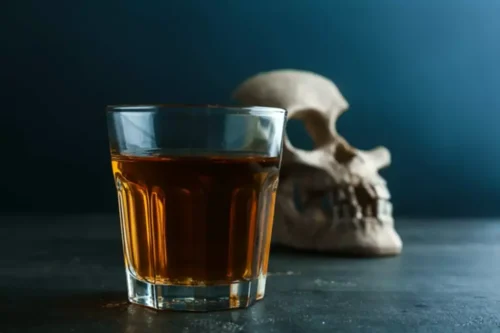
Don’t become codependent
- Matching the right therapy to the individual is important to its success.
- SMART Recovery states that it offers science-based methods to help people abstain from alcohol use.
- AUD can be mild (the presence of two to three symptoms), moderate (the presence of four to five symptoms), or severe (the presence of six or more symptoms).
- While online groups can make support more accessible, they’re not the best fit for everyone.
Matching the right therapy to the individual is important to its success. It may also be helpful to determine whether the treatment will be adapted to meet changing needs as they arise. Acceptance- and mindfulness-based interventions increase awareness and acceptance of present-moment experiences. Mindfulness-based skill-building strategies promote flexible, rather than autopilot, responses to triggers that can prompt drinking. Ultimately, there is no one-size-fits-all solution, and what may work for one person may not be a good fit for someone else.
Step 4: Approach and listen with honesty and compassion
Some research suggests that women who are recovering from alcohol abuse and dependency may have differing needs from their male peers. Women for Sobriety (WFS) is the first national organization to focus specifically on the needs of alcoholic women. Like SMART Recovery, it appears to be as effective as 12-step programs. As the name implies, peer support groups involve meeting with other people who are either coping with alcohol abuse and addiction or have overcome it. Members of a peer group aren’t necessarily professionals; however, they do have personal experience. This guide is written for individuals—and their family and friends—who are looking for options to address alcohol problems.
Resources and Support for Families of Alcoholics
- Alcohol counseling sessions are run by professionals who have an educational background or training in handling addiction.
- No matter the decision, you don’t have to put a stringent label on your situation.
- A person should always keep in close contact with a healthcare professional while they are experiencing alcohol withdrawal.
Try to formulate statements that are positive and supportive. Jillian Goltzman is a freelance journalist covering culture, social impact, wellness, and lifestyle. She’s been published in various outlets, including Cosmopolitan, Glamour, and Fodor’s Travel Guide. Outside of writing, Jillian is a https://ecosoberhouse.com/ public speaker who loves discussing the power of social media — something she spends too much time on. She enjoys reading, her houseplants, and cuddling with her corgi.
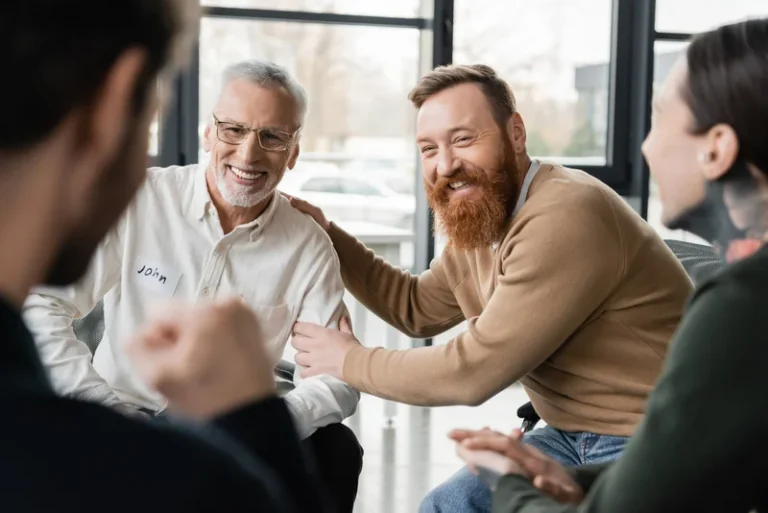
The coaches can help set goals, monitor your progress, share their own stories of recovery, and offer support. Similar to popular dating apps, Sober Grid will find other sober people in your area using your GPS. The app creates an on-demand atmosphere where users can express their need for support and connect with other sober folks to help them through difficult times. The program teaches 13 acceptance statements that encourage emotional and spiritual growth. Certified facilitators lead the online and in-person programs, which focus on positive reinforcement, cognitive strategies, relaxation techniques, and group involvement. If you’re thinking about suicide, are worried about a friend or loved one, or would like emotional support, the Lifeline network is available 24/7 across the United States.
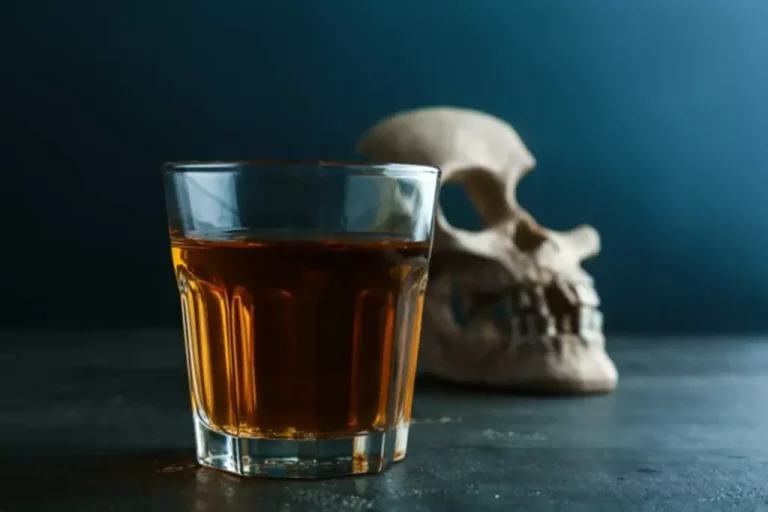
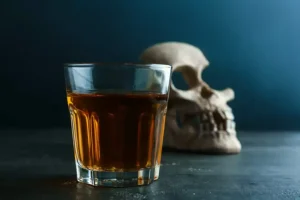
While the majority of these groups are free to join, some do require a monthly or annual investment. The paid subscription groups generally come with additional features, like direct expert support and 24/7 access to recovery coaches. As your loved one makes an effort, please keep in touch and be supportive. Too often we are so angry or discouraged that we take it for granted when things are going better. A word of appreciation or acknowledgment of a success can go a long way.